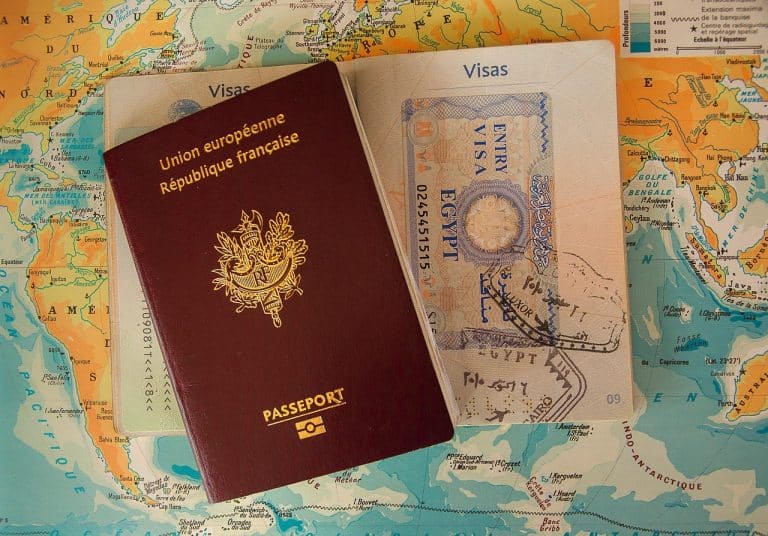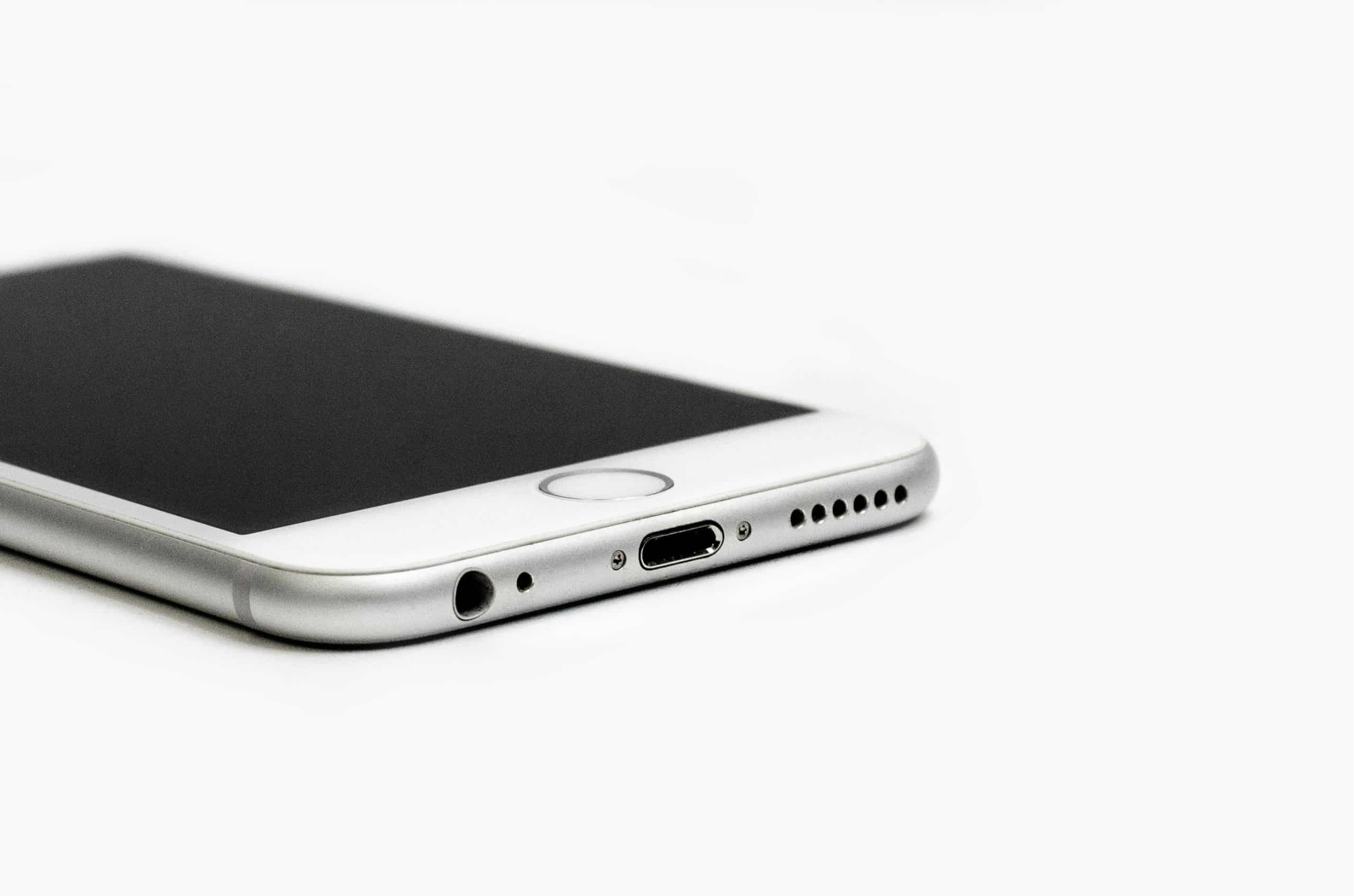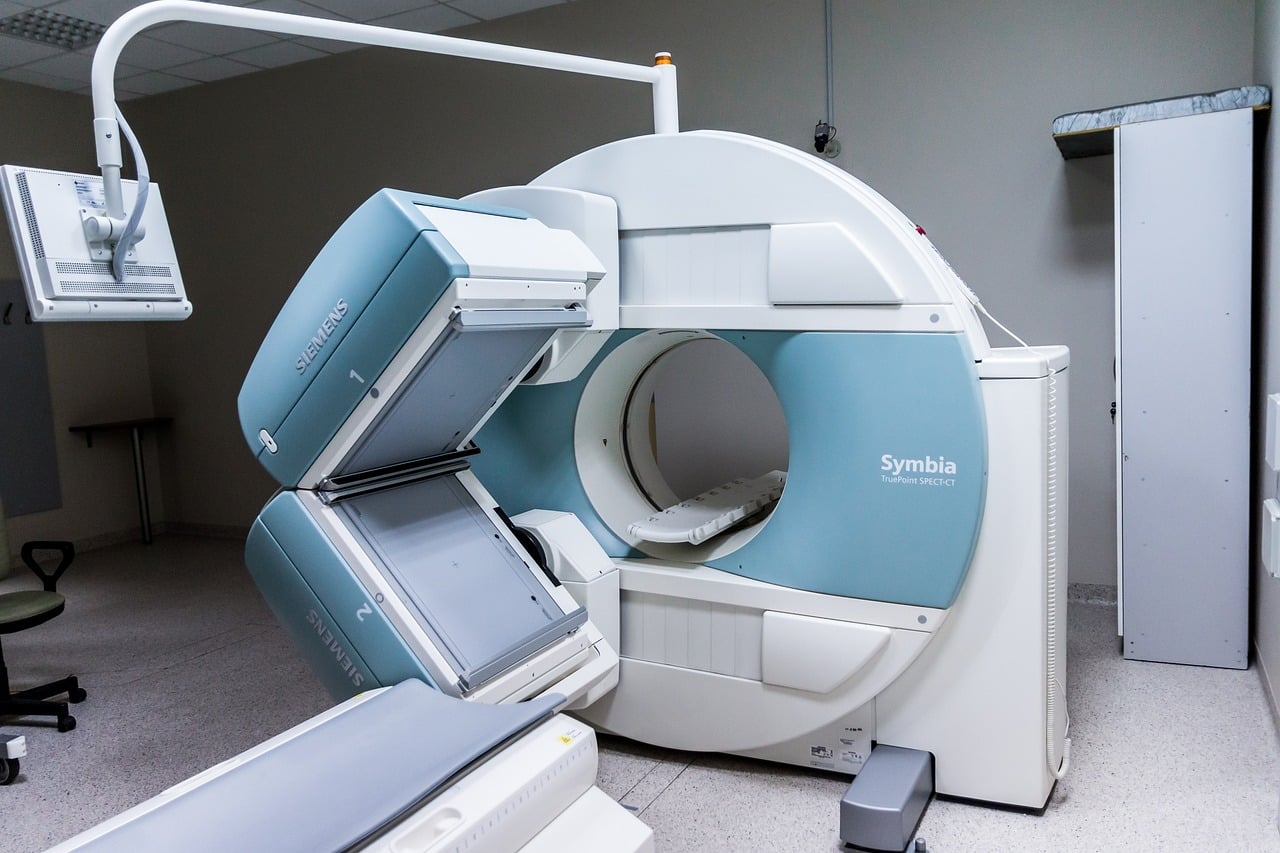The recent Visa ban has caused anxiety among Chinese students who are pursuing their education in the United States. The Trump administration recently announced it would begin revoking the visas of Chinese students. The line for new visa applications at the United States Embassy in Beijing extended down the block on Thursday.
Chinese Students Upset Over Visa Ban
Even when some left the embassy with their visa applications approved, feelings of helplessness and anxiety persisted. “What now? Something new every day?” said Li Kunze, 18, who just successfully applied for a visa to study as an undergrad. He heard the news of the visa ban after he left the embassy. “I don’t even know if they can give me this visa that I just got.”
A Chinese student at Purdue University, Chen, voiced his frustrations on the visa ban. “I was expecting freedom and tolerance. The U.S. was known for its diversity, which allows international students to fit in, but it is a pity to see such a change.” Li Kunze is pursuing applied mathematics, but he added, “In the future, if I can avoid going to the United States to study, I will. They make people too scared.”
Hundreds of thousands of Chinese students travel to the United States each year to pursue a world-class education. Some are also admired by America’s professed values of diversity and openness to others. With the visa ban, many Chinese students are now facing uncertainty about their educational future in the United States. However, they will have to come to terms with the fact that many in the United States do not share that same admiration. Two days before the announcement of the visa ban, the Secretary of State, Marco Rubio, halted interviews for student and exchange visas.
This is not the first time the Trump administration has singled out Chinese students. President Trump announced a ban on students from certain Chinese universities from pursuing graduate degrees in the United States in 2020. Trump was alleging that those universities had ties to China’s military. However, the parameters of the proclamation were vague; nonetheless, it has been used to deny visas to individuals in specific fields, such as engineering, the physical sciences, and computer science.
However, the proclamations against students at specific Chinese universities were limited in scope. As a result, there were denials or revocations of about 3,000 visas between 2020 and 2021, per U.S. Government data. In response, Chinese Foreign Ministry spokeswoman Mao Ning said, “This politically discriminatory practice by the U.S. side exposes the lie of the so-called ‘freedom and openness’ that the U.S. has always advertised.” She also said that China had voiced its displeasure to the Americans.
Also, tariffs have been another source of dispute between China and the United States. The Chinese government has been swift in imposing reciprocal tariffs on the United States. One such example is expelling American journalists after Trump expelled Chinese journalists during his first term. Last year, approximately 800 American students were in China, which is less than the 11,000 in 2019. The 2024 number reflects many Americans’ lingering concerns about visiting, especially after the lockdowns during the Coronavirus pandemic.
Final Thoughts on the Visa Ban
Zhang Qi, a postdoctoral fellow in Beijing, said, “Having fewer international exchanges is definitely not good for America’s development. This could be a positive change for China’s development. More talented individuals may choose to stay at Tsinghua or Peking University, or with the Chinese Academy of Sciences and other top institutions in China, which would benefit the development of domestic science and technology.”
After India, China is the second-largest country of origin of international students studying in the United States. In other news, a biography was released, “Spilling the tea,” on the alleged motive behind Trump’s supposed disdain for Harvard University.








